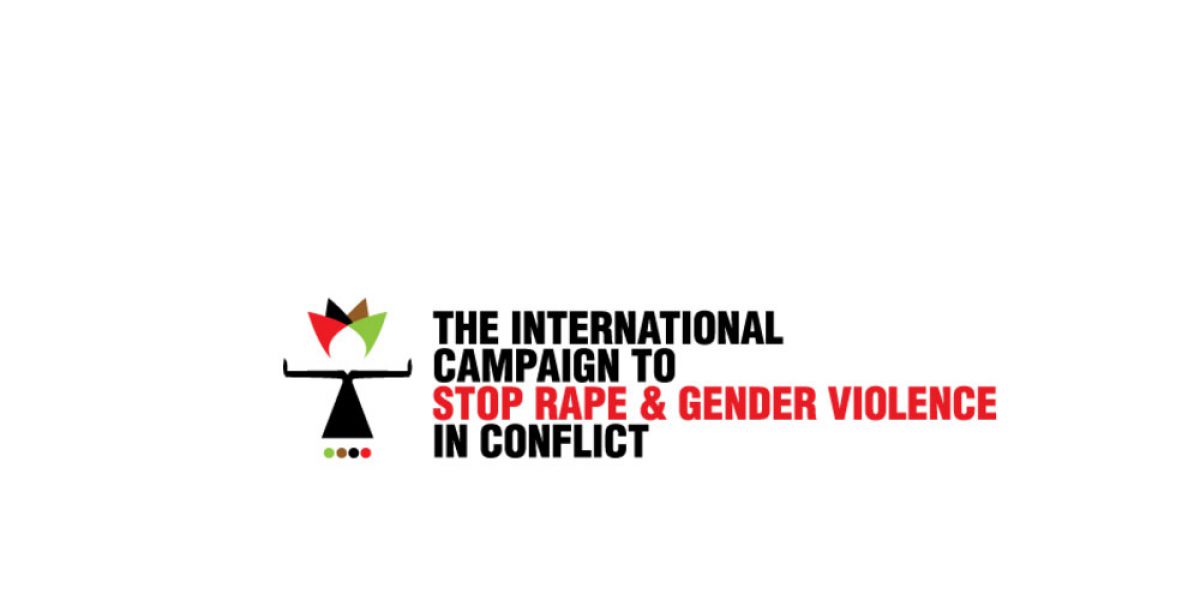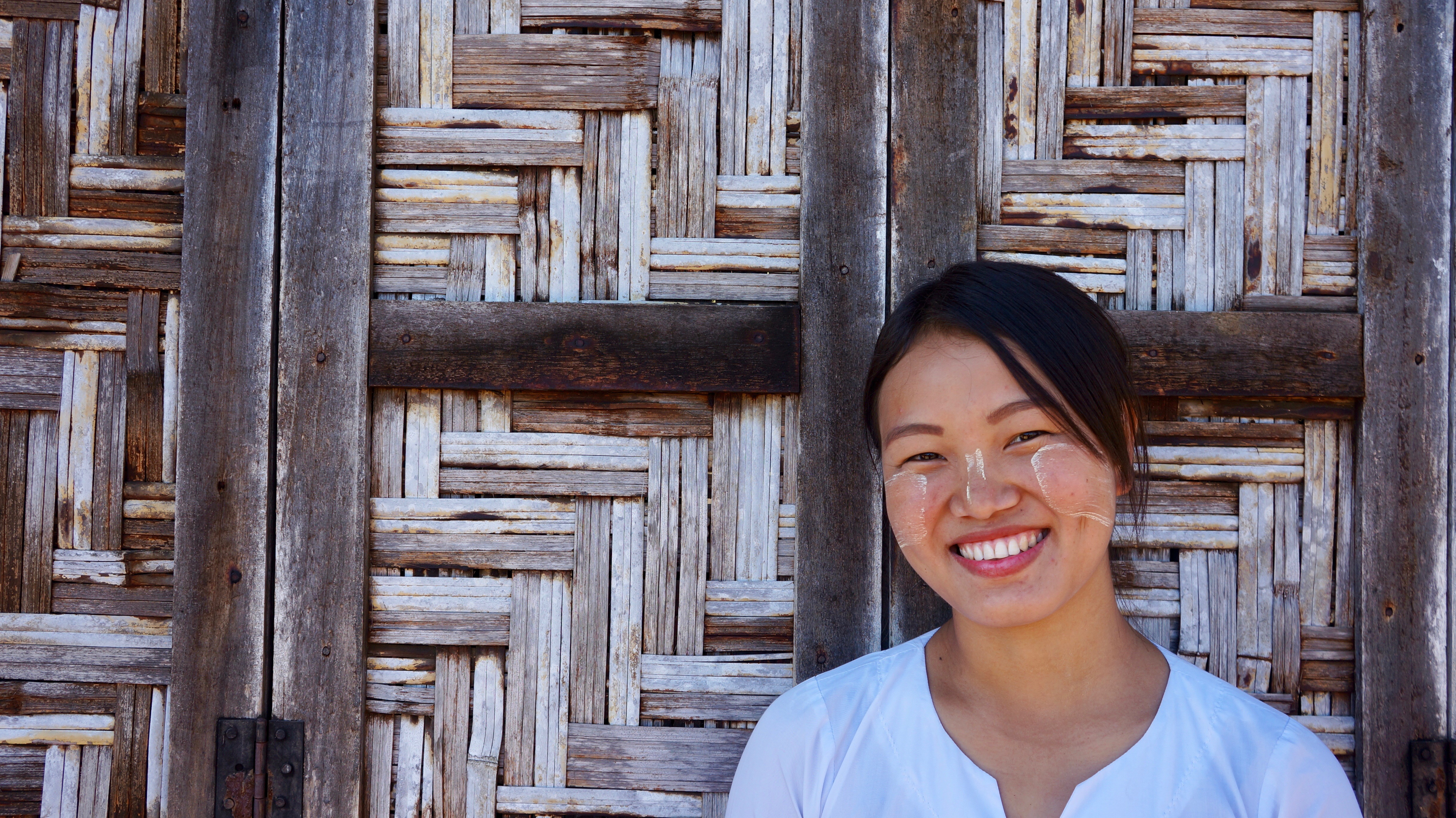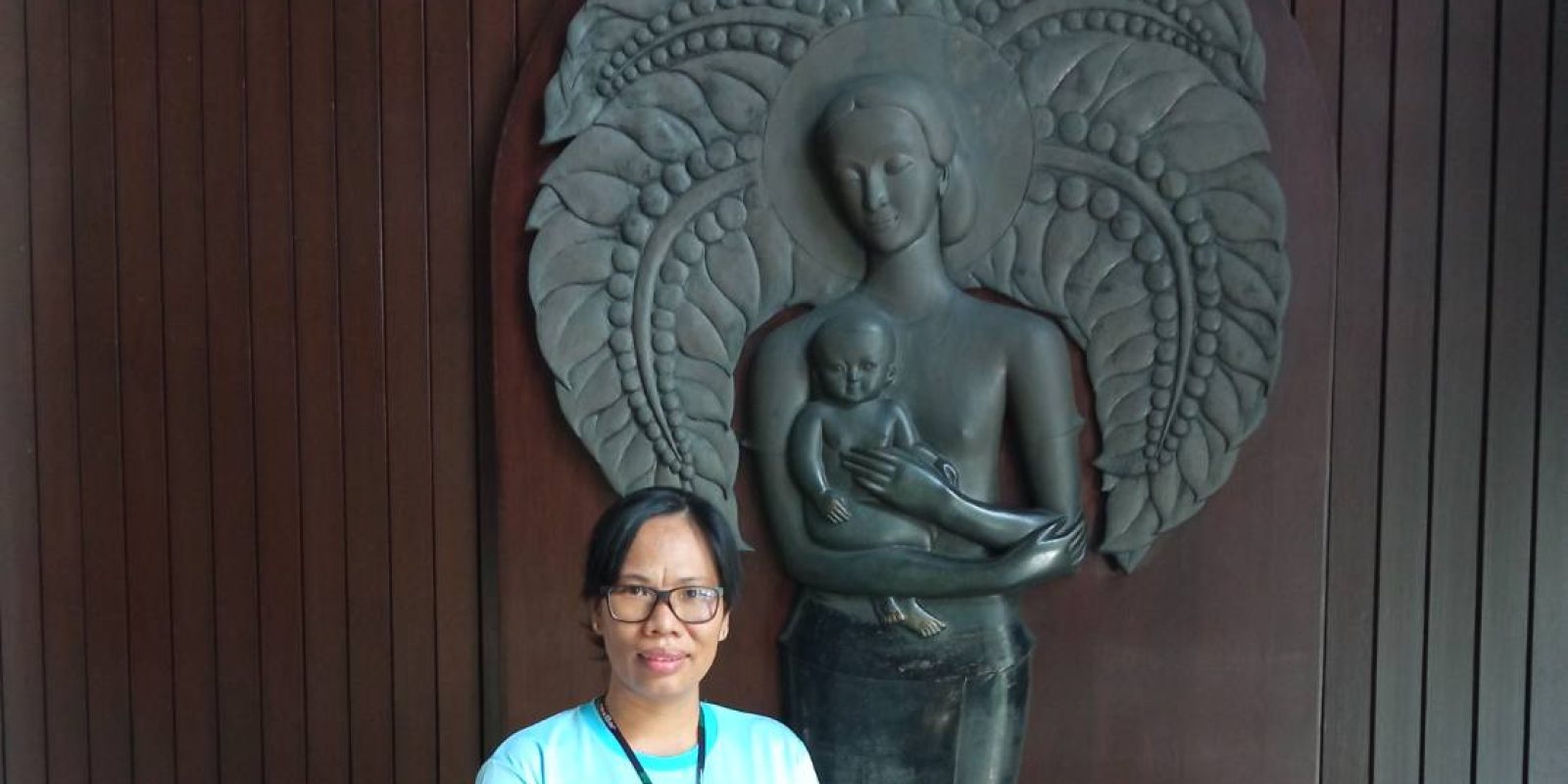Global: Jesuit Refugee Service joins international campaign to stop rape and gender violence in conflict
28 June 2012

Rome, 28 June 2012 – Earlier this month, Jesuit Refugee Service officially signed on as a member of the latest civil society coalition, the International Campaign to Stop Rape and Gender Violence in Conflict.
Large numbers of refugees and internally displaced persons suffer sexual- and gender based violence in their homes, while they flee and once they arrive in their new host communities, be they urban areas or camps. Present in more than 50 countries worldwide, JRS teams are often witnesses to these atrocities on a daily basis, and membership in the campaign offers enhanced opportunities to raise awareness of these crimes and promote political action.
“Our current priority is to spread the word about this new initiative and find innovative solutions to this heinous crime, affecting an ever-growing number of women and girls each year”, said JRS International Advocacy Coordinator, Amaya Valcárcel.
Following the 2011 decision by the 10 JRS regional directors to select sexual- and gender-based violence as an advocacy priority, the organisation has been seeking ways to raise public awareness of and public action on this issue.
“In recent years, massive numbers of women have suffered not only the physical trauma of rape and gender violence in war and conflict situations, but also the shame and stigma that often leave survivors suffering in silence. Perpetrators of rape and gender violence go unpunished and impunity is the order of the day”, Ms Valcárcel continued.
Until now, commitments to end rape and gender violence in war and other conflict situations have been either seriously inadequate or simply not enforced. JRS supports the view that it is time to demand powerful, urgent leadership at the local, national, regional and international levels to:
- prevent and stop rape and gender violence in conflict situations.
- dramatically increase prevention and protection resources, psychosocial and physical healing for survivors, their families and communities, including a concerted effort to end stigma of survivors; and
- justice for victims including prosecution of perpetrators at all levels of society, and comprehensive reparation for survivors.
“Rape and gender violence destroy individuals and families, entire communities and the fabric of society. These acts have increasingly become a deliberate tactic of terror in war and other conflict situations. Exile is a ramification of war, so there is synergy between the work of JRS and this campaign, particularly as SGBV is a constant and pressing issue in so many places like Colombia, DRC or Burma. I do believe that with enough of us working together we can make a difference in stopping these horrors and ending impunity”, Ms Valcárcel added.
As well as bringing the perspective of refugees and internally displaced persons to the campaign, JRS teams have large and diverse networks with which to share information on sexual violence, and a grassroots organisational focus on prevention and protection supporting women and communities. JRS teams provide psychosocial services and assist working groups and committees to develop appropriate advocacy and protection actions.
In more detail. The global cooperative effort was launched on 6 May 2012 by Nobel peace laureates, international advocacy organisations and groups working on conflict at regional and community levels.
The mission statement of the new campaign is to unite organisations and individuals into a powerful and coordinated effort for change and to demand bold political leadership to prevent rape in conflict, to protect civilians and rape survivors, and call for justice for all – including effective prosecution of those responsible.
Although the geographical focus is expected to expand, the campaign is currently focusing on Burma, Colombia, the Democratic Republic of Congo and Kenya, because they represent places where immediate, coordinated action is most urgently needed. JRS has teams present in all of these countries except Burma, in which case the organisation is working on the Thai-Burma border.



